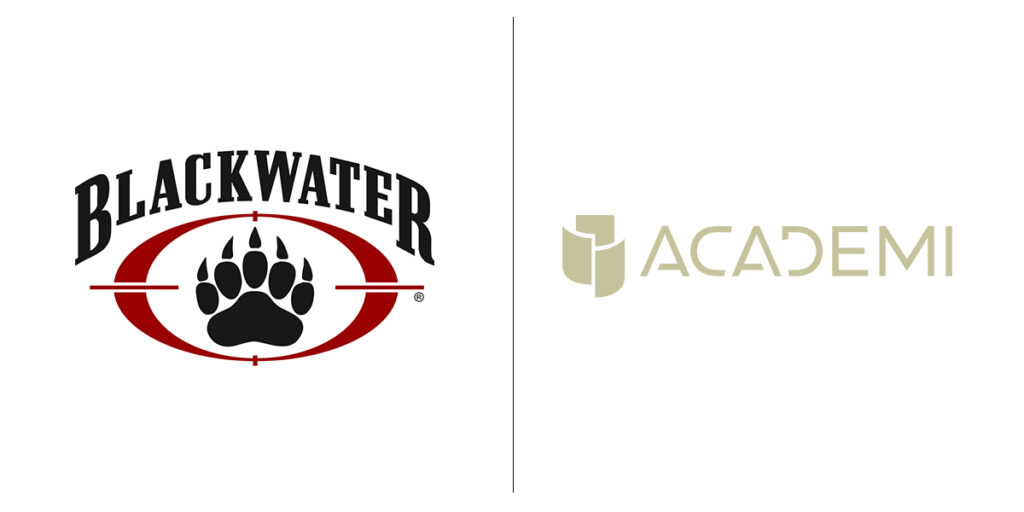When people hear the name “Blackwater,” they usually think of the notorious private military company involved in conflicts worldwide. On the other hand, “BlackRock” is a financial powerhouse managing trillions in assets. While these two companies operate in vastly different industries, they share a history of controversy and global influence. This blog explores the differences between Blackwater and BlackRock, focusing on their operations, funding, leadership, major events, and scandals.
What is Blackwater?
Origins and Funding
Blackwater was founded in 1997 by former Navy SEAL Erik Prince as a military training facility. It quickly grew into one of the most powerful private military contractors, securing lucrative U.S. government contracts—particularly after 9/11. Funded largely by taxpayer dollars, Blackwater played a significant role in U.S. military operations, especially in Iraq and Afghanistan.
Operations and Services
Blackwater provided armed security services, military training, intelligence support, and logistical operations. It was responsible for protecting U.S. diplomats and high-risk personnel, often operating with minimal oversight.
Major Controversies
- Nisour Square Massacre (2007): Blackwater contractors killed 17 Iraqi civilians, leading to global outrage and legal battles. Several contractors were convicted, only to be later pardoned by President Donald Trump.
- Accusations of Arms Smuggling: Reports surfaced that Blackwater illegally smuggled weapons into war zones.
- Overbilling and Fraud Allegations: Investigations found evidence that Blackwater overcharged the U.S. government for services.
Ownership Changes and Political Ties
To distance itself from scandals, Blackwater rebranded as Xe Services and later as Academi after a private investor acquisition. Erik Prince, however, continued to influence private military operations, later founding Frontier Services Group, which has ties to China. Prince has also been linked to secret meetings with foreign governments and the Trump administration.
What is BlackRock?
Origins and Funding
Founded in 1988 by Larry Fink and a group of partners, BlackRock started as a risk management and fixed-income asset firm. It has since grown into the world’s largest asset management company, handling trillions of dollars. Unlike Blackwater, BlackRock generates revenue through investment management fees, ETFs, and financial advisory services.
Operations and Services
BlackRock is a global financial leader providing services in risk analysis, investment solutions, and pension fund management. Its iShares ETF platform is widely used by institutional and retail investors. The firm wields significant influence in global markets, managing investments in major corporations and even governments.
Major Controversies
- Excessive Market Influence: Critics argue BlackRock’s size gives it unchecked power, making it a “shadow government” in global finance.
- Environmental and Social Responsibility Concerns: While BlackRock promotes sustainable investing, it continues to fund fossil fuel companies, sparking accusations of greenwashing.
- Role in the 2008 Financial Crisis: BlackRock played a key role in managing toxic assets for the U.S. government, leading to claims of conflicts of interest and favoritism.
Blackwater vs. BlackRock: The Key Takeaways
| Feature | Blackwater (Private Military) | BlackRock (Investment Management) |
|---|---|---|
| Founded | 1997 by Erik Prince | 1988 by Larry Fink |
| Industry | Private military & security | Investment & asset management |
| Funding | U.S. government contracts | Client investment fees |
| Operations | Military contracting & security | Global investment strategies |
| Biggest Controversy | Nisour Square Massacre | Market dominance & financial crisis involvement |
| Current Name | Academi (formerly Blackwater) | BlackRock |
A Tale of Two Controversial Giants
Despite operating in different industries, Blackwater and BlackRock share a history of controversy and global impact. Blackwater represents the privatization of military operations, while BlackRock symbolizes financial dominance. Both have faced scrutiny for their practices, raising questions about ethics, accountability, and influence in their respective fields.
Understanding these entities provides insight into the growing power of private companies in shaping global events—whether through warfare or financial markets.


